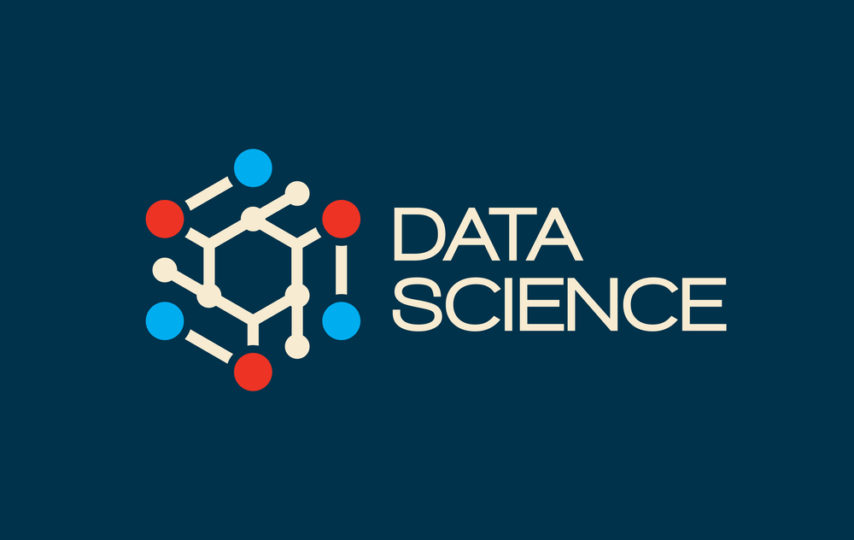When we look at the fast-growing trends in tech worldwide, we find that data science professionals are on the top tier of most lucrative opportunities. In the recent past, data scientists have become the most in-demand people across every industry.
Typically, a data scientist possesses a firm grasp of coding skills, big data stats and analysis, machine learning, data structure and manipulation, and much more. Nevertheless, data scientists also have tremendous soft skills, such as effective communication, leadership, and team management. However, like other tech industry professions, data scientists must stay updated with the ever-evolving tools and software in their realm.
Today, it is essential for businesses to understand the importance of big data in their operations; otherwise, they could end up far behind in the high-paced competitive market.
In this article, we look at some of the most crucial aspects shaping the future of data science in the tech industry. Furthermore, we will discuss the vital elements that data scientists must take care of while pursuing a career in this area.
1 – Importance of Streamlining Actionable Data
Data in colossal quantities poses a new challenge for the tech industry to filter irrelevant or inadequate data. This process is crucial for organizations to succeed in their strategies driven by data analytics, especially in risk management, strategic marketing, and customer support.
Data scientists focus not only on improving the quality of streamlined data but also on incorporating reliable data into its meticulous operations.
A data scientist puts all his skills and knowledge into rendering actionable data and accomplish multiple organizational objectives through it.
2 – Shortage of Data Scientist Worldwide
For many professionals, specializing in data science is not a piece of cake. And this is where an online Masters in Data Science prepares you with the skills and knowledge to excel as a data scientist without interrupting your practice hours. The rising demand for data scientists and the shortage of skilled talent in this niche has created a concern for many companies. For organizations, a solution to this is recruiting aspiring talent and providing them in-house training in BI and analytics. So, even if a candidate falls short of becoming exceptional in this field, he could still contribute considerably well with his aptitude and hard work.
3 – The Value of Try, Test, and Repeat
Data science revolves extensively around iteration, as it requires creating a hypothesis of scenarios and then executing tests for it. The operations go back and forth, involving different data scientists until a reliable solution is reached.
Moreover, with the assistance of valuable insights and analytics extracted from data, a data scientist accelerates organizational operations’ pace. No business can succeed without granting enough time and space to its data scientists for executing the cycle of ‘try, test, and repeat.’
4 – The Value of Trust between Data Scientists and Enterprise
One significant limitation in data science is the lack of trust between the enterprise and their hired professionals. Most enterprises do not offer enough liberty to the data scientists to execute their proposed strategies or access key information.
On the contrary, machine learning plays a vital role in data science and its overall progress. However, it is something, which is not understood by many at executive levels. Hence, most data scientists are unable to work freely in the areas where the executives feel insecure.
Due to these aspects, it becomes immensely challenging for the data scientist to plan, develop, and deploy his strategies effectively.
5 – The Need to Improve Operationalization
One critical aspect that limits companies’ growth in incorporating data science is their inability to materialize data scientists’ strategies and findings. Also, the prototype data models that produce significant test phase results do not necessarily create similarly positive results when implemented. Again, the changes in production metrics, the influence of environmental agents, or a sudden shift in market trends could hamper the progress intended by data scientists.
It is why consistent re-modeling of machine learning models, even after execution, is crucial to gain seamless benefits of data science.
6 – A Boom in Virtual Reality
With artificial intelligence’s inception, the upsurge in virtual and augmented reality gained quick momentum in the tech industry. Tech giants across the world are now investing billions in taking virtual reality to new horizons. The induction of the latest AI concepts, such as deep learning and neural networking, has paved the way for a whole new dimension for data scientists. It means not only the prospects of big data analytics are high, but also the value of data science is all set to skyrocket in the days ahead.
With the modern ramification of life, the concepts of in-depth machine learning are relied upon heavily. Also, the flourishing developments in AI would soon enable humans to interact with machines on a whole new level. This monumental progress may not be possible without data science’s essential contribution, especially in segments of big data.
Conclusion To keep up with the competition in the rapidly evolving tech sector, companies must venture with data scientists and explore their untapped potential. As the amount of data quadruples, it becomes increasingly inevitable for companies to sync their operations with data-driven technologies.





